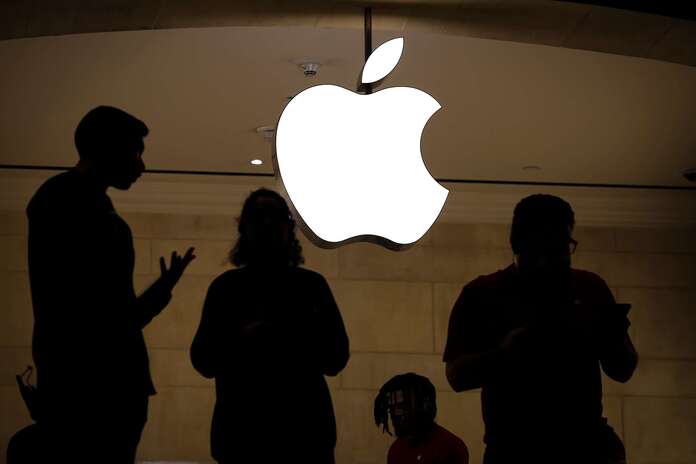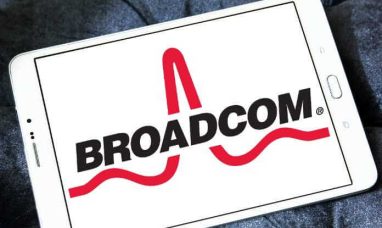Apple (NASDAQ:AAPL) has halted development on its electric car project, according to a source familiar with the matter who spoke to Reuters on Tuesday. This decision comes after a decade-long endeavor by the tech giant to venture into the automotive industry, aiming to replicate the monumental success of its flagship product, the iPhone.
The termination of the project marks the end of a plan that would have potentially allowed Apple to establish itself in a new sector. However, the endeavor faced various challenges and saw inconsistent progress throughout its lifespan. The cancellation comes at a time when global automakers are scaling back investments in electric vehicles due to a significant drop in demand.
Reportedly, several employees involved in the project will be reassigned to Apple’s artificial intelligence (AI) division, as per Bloomberg News, which first reported the development. However, Apple declined to comment on the matter.
Ben Bajarin, CEO of consulting firm Creative Strategies, commented, “If it is true, Apple will put more focus on GenAI, and that should give investors more optimism about the company’s efforts and ability to compete at a platform level on AI.”
Apple has been relatively restrained in its approach to AI compared to industry peers such as Alphabet (NASDAQ:GOOGL) and Microsoft (NASDAQ:MSFT), which have taken significant strides in integrating technology into their products. This cautious approach has raised concerns about Apple’s competitiveness in adopting breakthrough technologies.
The news of the project’s cancellation coincides with Apple facing challenges in the market. The company’s share gains last year were the smallest among the so-called “Magnificent Seven” stocks, and it recently lost its title as the world’s most valuable company to Microsoft. Weakness in demand for its flagship products, particularly in key markets like China, has contributed to this shift.
Moreover, the electric vehicle market has experienced a slowdown in demand due to high-interest rates, leading to job cuts and production reductions within the industry. Major automakers, including Tesla (NASDAQ:TSLA), have adjusted their investment strategies, with some shifting focus to hybrid vehicles instead of fully battery-powered ones.
Apple initiated Project Titan, its internal name for the car project, a decade ago amid growing interest in self-driving vehicles in Silicon Valley. Despite earlier reports suggesting a potential release of the Apple car by 2024 or 2025, progress had been turbulent even before the COVID-19 pandemic disrupted the automotive industry. The project changed, including layoffs and adjustments in design, reflecting the challenges faced by Apple in realizing its ambitious vision for the future of transportation.
While the news initially sparked hopes of Apple replicating the success of the iPhone, the reality proved challenging, with the company facing growth slowdowns in its main revenue source, the iPhone, as well as in sales of iPad and Mac computers amid a broader decline in demand for high-end gadgets.
Featured Image: Unsplash















